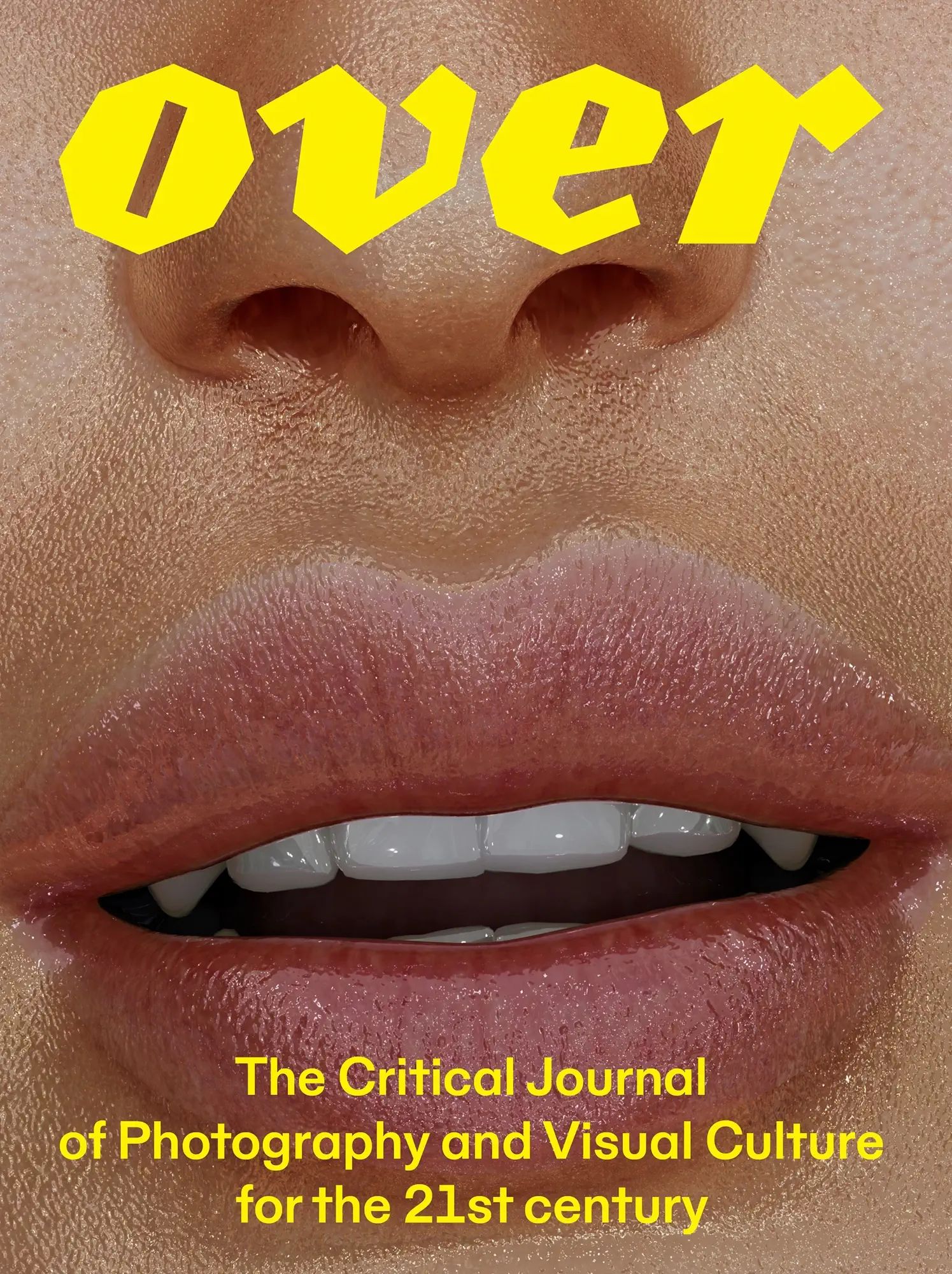Over and Over
What would you write on a big flying banner? (Yes, one of those pulled by small aeroplanes that you see at the beach). Would it be a cry for help, indignation, or a peace and love kind of phrase? On a scale from 1 to 10, how aware of your privileges are you? Have you ever had the feeling of being excluded from ‘priority access’ because of your race, gender, class, skin colour, age, ability, religion, ethnicity or location? Can you think of acts of microaggressions you observed or experienced, including verbal, non- verbal, or gestural slights, snubs or insults because of any of the above? Which of these were intentional, which subconscious? What do you consider normative in the previously mentioned parameters? If you observe or identify any of these actions in your community, do you react to stop these? Are you a ‘saviour on a mission’? What is accessible to you because of your passport? Is anatomy destiny? Is gender a performance? Have you ever seen one of those antique posters which advertised human-zoos? The last one took place in 1958.
By the second half of the XIX century, photography and anthropology allied to document, show, and explain, from their perspective, human classification, thus nourishing a fascination with the ‘Other’, reinforcing ‘otherness’. Through photographs and similar tools of representation, ideas of the ‘superior’ European were widely circulated and created through the trope of the ‘primitive’ indigenous. Colonial anthropology became more than a simple study of culture; comparing was intrinsically attached to a supremacist spirit. The camera was inside the colonial project and all its paraphernalia... together with the gun and the bible. Are you aware of the danger of perpetuating stereotypical narratives with your image proposals, projects, narratives or even snapshots? Depending on your answer to the third question, have you considered how your point of view or privilege may affect your approach to photography?
Chimamanda Ngozi Adichie talks about The Danger of the Single Story: is ‘our’ written History useful for analyses, comparisons and judgments? Do you ask yourself about the underlying issues and context of the community or group you are photographing or talking about? Do you think it is paramount to search for local voices (writers, filmmakers, photographers, artists...) to learn how they see their own communities?
Can you name ten non-white women—other than those in the celebrity realm—who have made major contributions to our society?
Who is in a position of giving authority to an artist to talk about a subject that is not his/her own normal everyday reality? Who is in charge of giving agency? Do you prefer to live inside or outside walled Fortress Europe? Would you like to know how to decentre yourself? And to decolonise yourself? Do you know what is “a barbaric indifference”? (see Alfredo Jaar’s work)
What does the word RESTITUTION make you think about? Do you know how many ancient African art objects are in European or North American museums? Hundreds of thousands or more. We are accountable for the images we take and put out into the world as imaginary builders.
Do you have faith in ARTIVISM? Racism, sexism, are violent, limiting, and unnatural. Spaces are not given up, they are returned. Feminism must be antiracist and anti-capitalist, ideally eco- feminist. Are you feminist? Why? Imagine and come closer, as bell hooks would say. Imagine conceiving a fluid society open to the difference of the multiple, which can always be in contradiction with itself, self-questioning, self- evaluating, and self-diagnosing; a society open to the richness of otherness, with polyrhythmic powers of accommodation, instead of using the difference in terms of exclusion and opposition.
Those unwilling to think are dismissed —Joseph Beuys
















